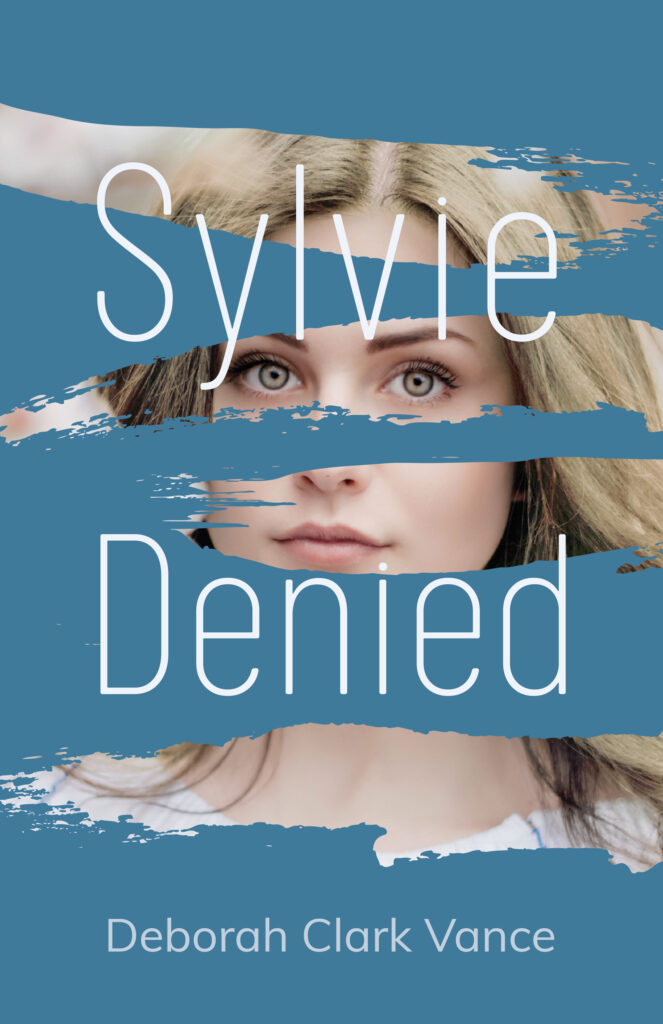What’s my novel about? Allow me to take you down the rabbit hole.
Book publishing wants specifics about where to position a book. Bookstores want to know where to shelve it and Amazon wants to know how to categorize it for keyword searches. And since anyone anywhere any time can write and publish one of the million books published in any year, readers want to narrow down their choices.
“Sylvie Denied” is being categorized as women’s fiction, coming-of-age fiction, family fiction, women’s divorce fiction and women’s domestic life fiction, but not as chick-lit, romance or thriller. It’s too complex for young adult, and on Goodreads it’s on the American Novels and International Literature lists. although it takes place in the mid-20th century and contains accurate historical details, I wouldn’t categorize it as historical fiction because there’s one particular true event that’s off by just a few years. And it’s about understanding one’s true inner self and finding where it diverges from what society says.
You can accept this answer and stop reading now. Or go further down…
When teaching introductory media courses, I presented Antonio Gramsci’s explanation of hegemony. He says there’s a collective consciousness, a shared world view, a society that pressures us to think and behave in particular ways. He describes how, while there may be a dominant class or group with particular goals and values, everyone else with less power colludes when they internalize the dominant values and beliefs as their own, so much so that they see themselves as being of the dominant group. Gramsci calls this “wearing our chains willingly” especially when such values and beliefs oppress those without actual power. This is why people working in media aren’t exactly “they” (though media owners may be). After all, the audience shares the same general culture and speaks the same language. Yes, they present content. And we collude.
In my intercultural communication class, I used different terms for this shared worldview –the universe of shared meaning. Each culture is like a closed system, with its language that defines terms always within the language, within the history of people using the language, among its customs and institutions. Move outside this culture and into another with a different language, history and institutions and you’re in another universe.
But our inner self stands outside all of this. It’s something religions present as the conscience – the little voice inside that knows what’s right and wrong and nags at us when we ignore injustices and act unkindly. When conscience conflicts with the social self, where everyday thinking presents as truth something we feel is wrong, how much do we trust our conscience? Do we listen to it or do we listen to what the world says is true?
My novel explores conclusions Sylvie draws and choices she makes from girlhood into womanhood among diverse situations and people, so it can be seen as basically a spiritual search. And yet, it would be lost among books categorized as “spiritual.”
These are the ideas that impelled me to write this novel, and none of it would work as a blurb. So you can ignore what’s down the rabbit hole and trust the blurb that summarizes the plot — and is what the book’s about.

